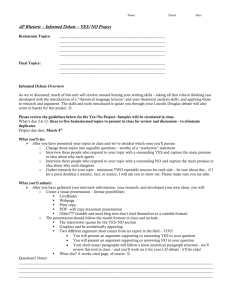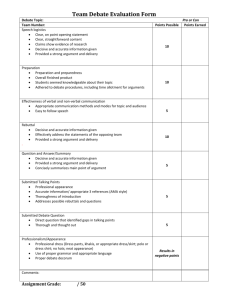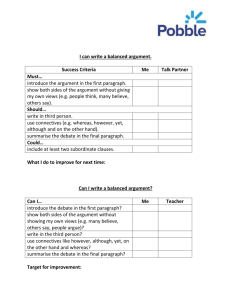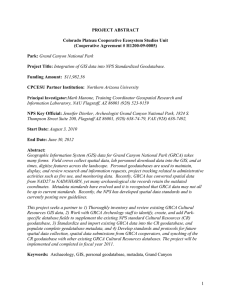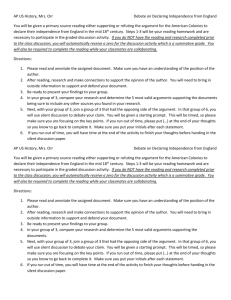item58347
advertisement
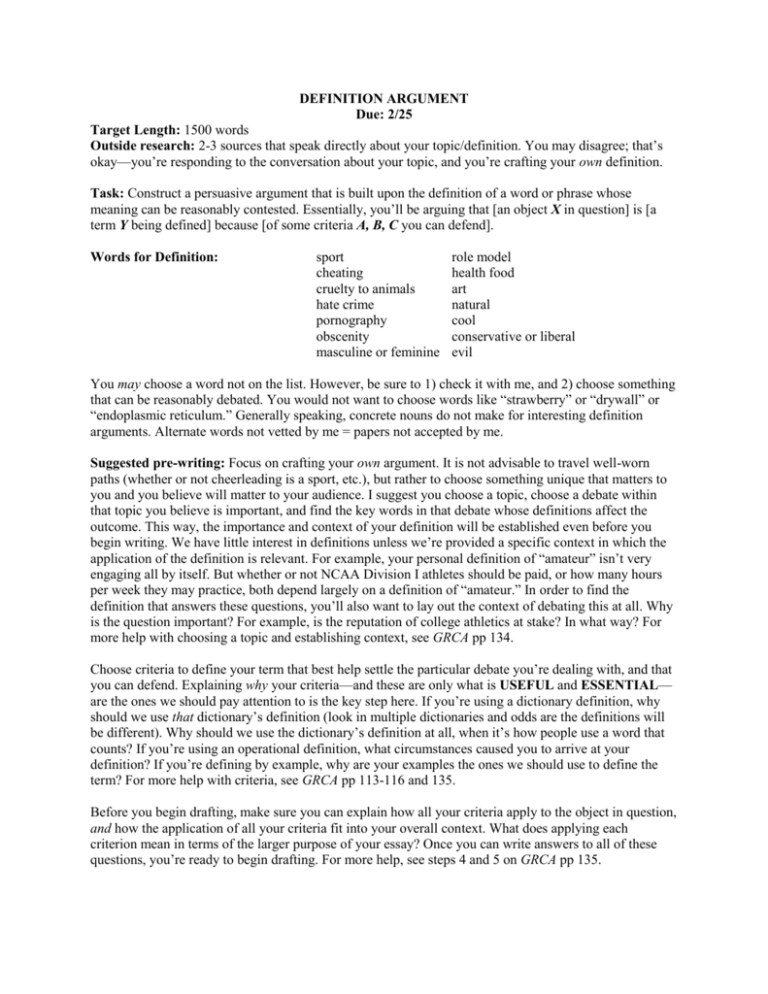
DEFINITION ARGUMENT Due: 2/25 Target Length: 1500 words Outside research: 2-3 sources that speak directly about your topic/definition. You may disagree; that’s okay—you’re responding to the conversation about your topic, and you’re crafting your own definition. Task: Construct a persuasive argument that is built upon the definition of a word or phrase whose meaning can be reasonably contested. Essentially, you’ll be arguing that [an object X in question] is [a term Y being defined] because [of some criteria A, B, C you can defend]. Words for Definition: sport cheating cruelty to animals hate crime pornography obscenity masculine or feminine role model health food art natural cool conservative or liberal evil You may choose a word not on the list. However, be sure to 1) check it with me, and 2) choose something that can be reasonably debated. You would not want to choose words like “strawberry” or “drywall” or “endoplasmic reticulum.” Generally speaking, concrete nouns do not make for interesting definition arguments. Alternate words not vetted by me = papers not accepted by me. Suggested pre-writing: Focus on crafting your own argument. It is not advisable to travel well-worn paths (whether or not cheerleading is a sport, etc.), but rather to choose something unique that matters to you and you believe will matter to your audience. I suggest you choose a topic, choose a debate within that topic you believe is important, and find the key words in that debate whose definitions affect the outcome. This way, the importance and context of your definition will be established even before you begin writing. We have little interest in definitions unless we’re provided a specific context in which the application of the definition is relevant. For example, your personal definition of “amateur” isn’t very engaging all by itself. But whether or not NCAA Division I athletes should be paid, or how many hours per week they may practice, both depend largely on a definition of “amateur.” In order to find the definition that answers these questions, you’ll also want to lay out the context of debating this at all. Why is the question important? For example, is the reputation of college athletics at stake? In what way? For more help with choosing a topic and establishing context, see GRCA pp 134. Choose criteria to define your term that best help settle the particular debate you’re dealing with, and that you can defend. Explaining why your criteria—and these are only what is USEFUL and ESSENTIAL— are the ones we should pay attention to is the key step here. If you’re using a dictionary definition, why should we use that dictionary’s definition (look in multiple dictionaries and odds are the definitions will be different). Why should we use the dictionary’s definition at all, when it’s how people use a word that counts? If you’re using an operational definition, what circumstances caused you to arrive at your definition? If you’re defining by example, why are your examples the ones we should use to define the term? For more help with criteria, see GRCA pp 113-116 and 135. Before you begin drafting, make sure you can explain how all your criteria apply to the object in question, and how the application of all your criteria fit into your overall context. What does applying each criterion mean in terms of the larger purpose of your essay? Once you can write answers to all of these questions, you’re ready to begin drafting. For more help, see steps 4 and 5 on GRCA pp 135.

